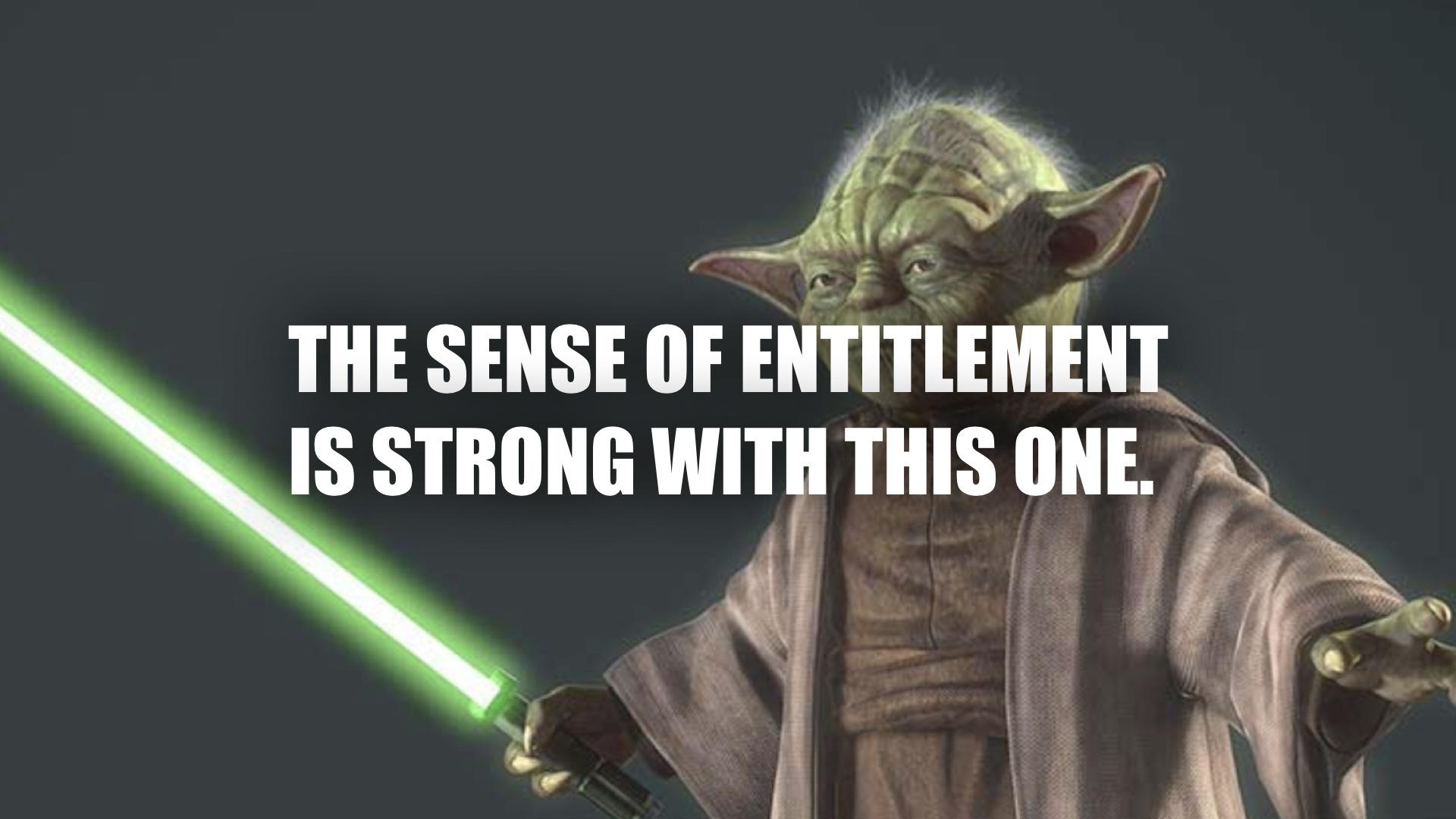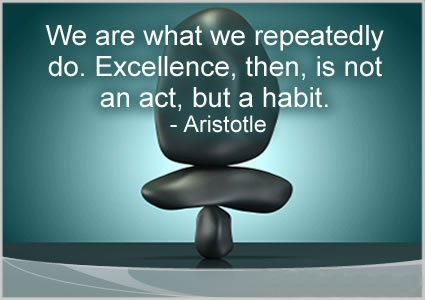Entitlement and Effectiveness: The Dance of the 21st Century. – by Marcus Marsden, PCC
Entitlement: “That to which I have a right”
In recent years, this has become one of the most pervasive limiting assessments that I see when I am coaching. Although it is rarely spoken – people do not often go around saying:” I am entitled to do / not do that” – it is a very common assessment that undercuts their capacity for effective action.
There are many reasons why someone might start to assess themselves as “entitled”. The most common come from a position held or a length of time served, eg:
“I am a Director now, so….”
“I have worked in this company for 10 years, so …”
“I am the father/mother/eldest child/breadwinner in this family, so…”
“I have been working hard all week, so …”
The sense of entitlement comes from an assessment that you have done something to “deserve” or “earn” the right to do, or not do, something else.
The feeling is also comparative: “I have done something and you/they have not”. What we tell ourselves is that if/when the other person has done as much as we had, then they would be entitled to the same benefit. This is often linked to a sense of “earning your stripes” or “paying your dues”
Usually, when somebody believes themselves to be entitled, they have a logical reason to justify that belief. After all, if you are a Senior Manager and have worked in the business for 10 years, do you not have rights and privileges that a new management trainee does not share?
This is where the breakdown begins:
It may well be the case that your past history has earned you certain “rights” in the company, or family, with regard to what you are expected to do or not do, but, when you are faced with a choice between exercising those rights and being effective, which will you choose ?
A surprising number of people will choose the former option. They see that if they do something “below their pay grade” then there is the possibility of success, maybe even a major success, but what gets in the way, is their notion of entitlement and their concept of “fairness” eg
“Sure, I know I could stay back at the office for another two hours to finish this report, but that is no longer my job – I used to do that when I was a junior manager, and now, I’m a senior manager – it is not fair to expect me to still do that, and I’m entitled not to do it – just look at my title”
The consequence is that the results suffer – sacrificed on the altar of their righteousness. It became more important to be right about their “rights” than to achieve the best possible result.
The “rights” to which you believe you are entitled may be enshrined in a contract, or they may simply be unspoken expectations, which live in your head. Both are barriers to being effective, but the latter is especially difficult for others to work with, as they have no idea as to what your unspoken expectations actually are.
What makes “entitlement” especially combustible to work with is the emotion that often accompanies it: “righteous indignation”. Such a combination can make the person concerned very difficult to work with, as they are either likely to explode, without warning, from the perceived injustice of it all, or simply just clam up and take the attitude of “well if you can’t figure out the problem here, then Im not going to tell you”.
The emotion that an assessment of entitlement kills, is that of gratitude. Rather than feel grateful, the person feels “right”.
So, what is the alternative ?
The solution has two elements: the first step is to recognize it in yourself, when it arises (and it surely will, at some point in your life!) Once you become aware of it, then you have the possibility of making a different choice.
You cannot change something that you cannot see. This is why the Newfield Coach Training Program begins with looking at yourself in Foundations: learning to see things in yourself is a critical first step, before you can learn to work with others. Coaches and clients both have things to which we are ‘blind’; it is part of the human condition.
The second step is to ask yourself what you want to achieve in the situation that you are facing: Do you want to be right about your assessment of entitlement or do you want to be effective?
Are you willing to take a responsible attitude to the results around you, or are you instead going to focus on your “rights” in the situation?
If you are currently experiencing any frustration in life with regard to your results or your relationships, check in with yourself and see if there is a notion of entitlement lurking somewhere in there. It is one of the biggest barriers to being effective.
Marcus Marsden
Managing Partner, The Coach Partnership







